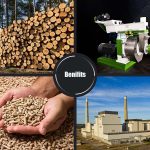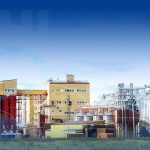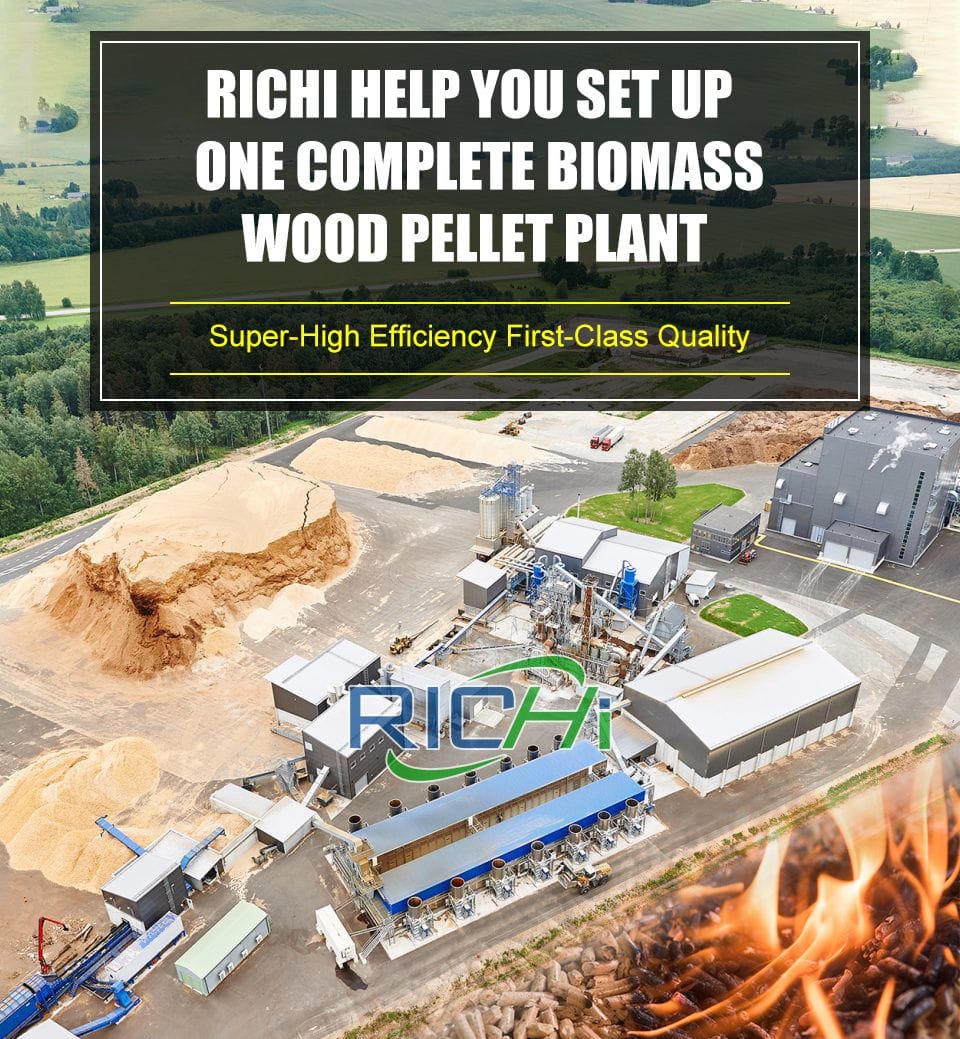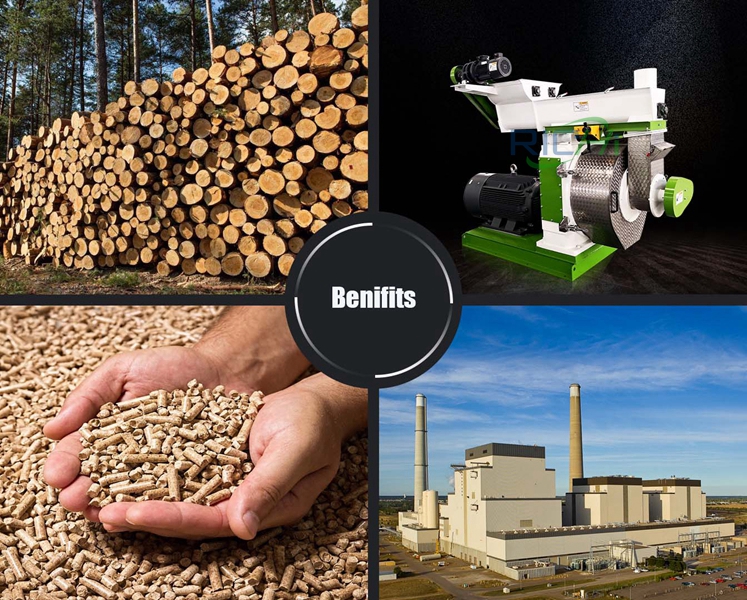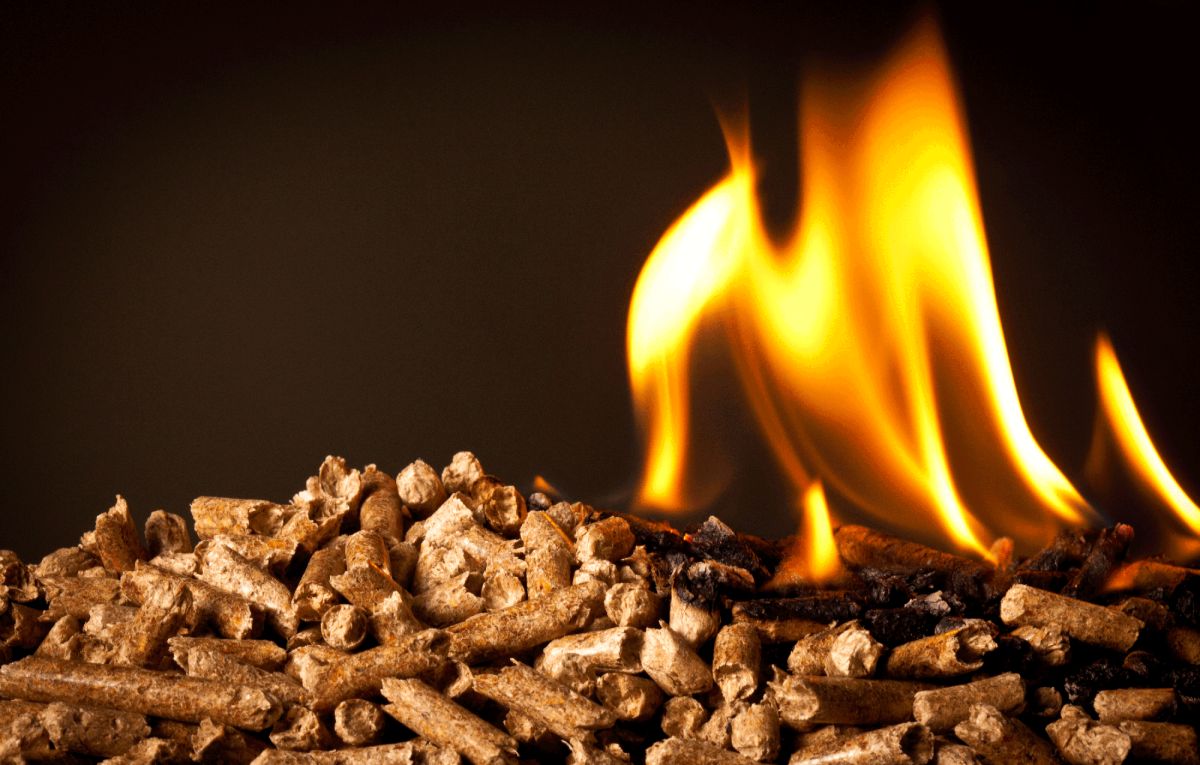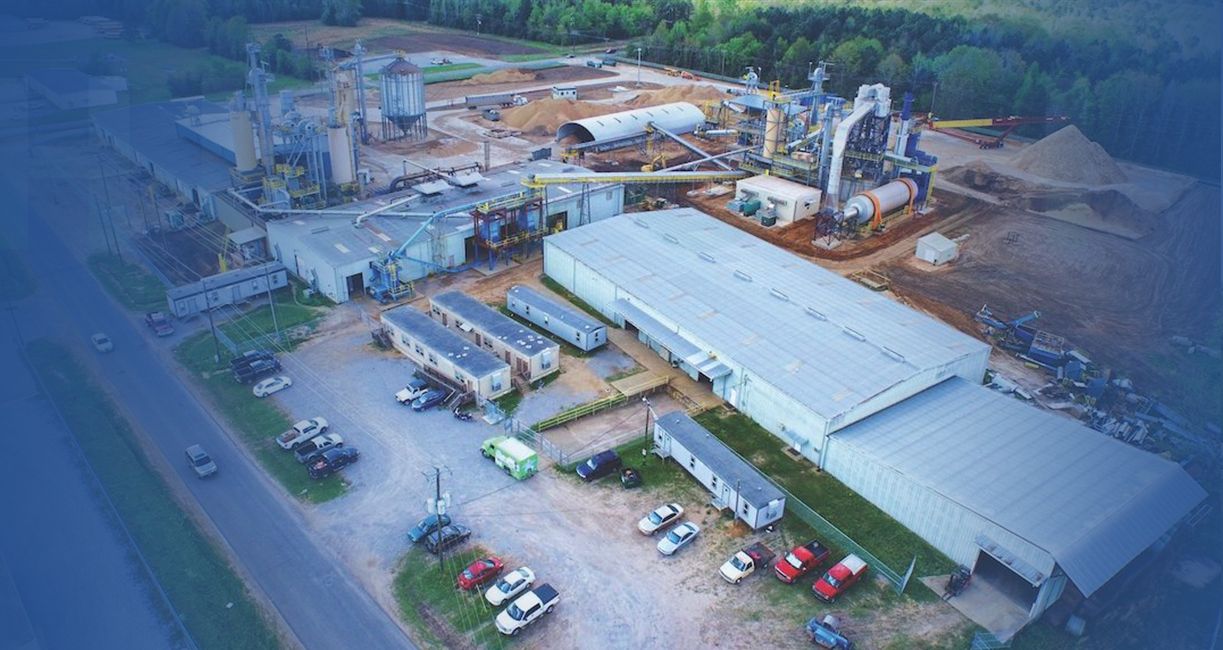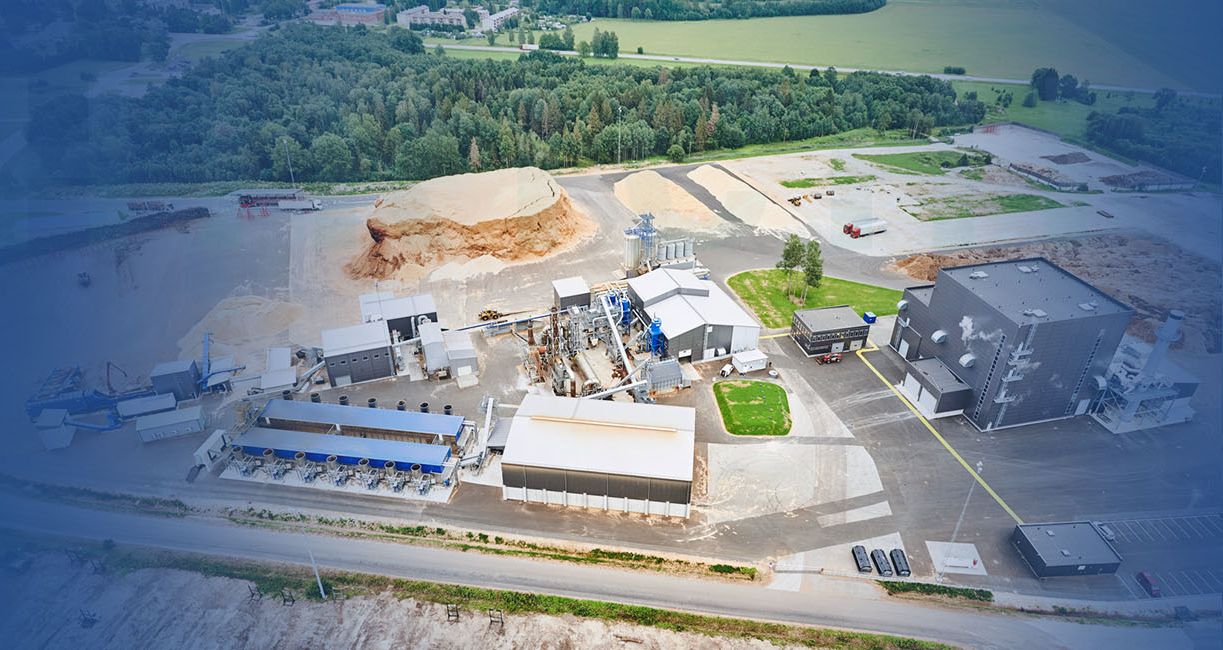In the ever-evolving landscape of renewable energy solutions, biomass has emerged as a game-changer, offering a sustainable and versatile alternative to traditional fossil fuels. At the heart of this burgeoning industry lie pellet lines, sophisticated systems designed to transform raw biomass materials into compact, energy-dense pellets, fueling the transition towards a greener and more sustainable future.
As the demand for bioenergy continues to soar, the availability of high-quality pellet line for sale presents a unique opportunity for investors, entrepreneurs, and industry players to capitalize on this rapidly growing market.
The Rise of Biomass Energy
Biomass energy, derived from organic matter such as wood, agricultural residues, and dedicated energy crops, has gained significant traction in recent years. This renewable energy source offers numerous advantages over traditional fossil fuels, including:
- Reduced Carbon Footprint: Biomass is considered a carbon-neutral fuel source, as the carbon dioxide released during combustion is offset by the carbon absorbed during the growth of the biomass feedstock.
- Versatility: Biomass can be converted into various forms of energy, including heat, electricity, and transportation fuels, making it a versatile and adaptable energy solution.
- Waste Utilization: Biomass energy production can utilize waste materials from various industries, such as forestry, agriculture, and municipal solid waste, contributing to a circular economy and reducing waste disposal challenges.
- Domestic Energy Security: By harnessing locally available biomass resources, countries can reduce their dependence on imported fossil fuels, enhancing energy security and economic stability.
- Rural Development: The production and utilization of biomass energy can create new economic opportunities in rural areas, supporting local communities and promoting sustainable land management practices.
As the global demand for renewable energy sources continues to grow, the availability of pellet lines for sale presents a unique opportunity to capitalize on this burgeoning market.
Related post: https://www.richipelletmachine.com/pellet-mill-plant/
The Pellet Line: A Comprehensive Solution
A pellet line is a complete and integrated system designed to transform raw biomass materials into high-quality, energy-dense pellets. These sophisticated setups encompass a range of specialized equipment and processes, ensuring efficient and reliable pellet production. The key components of a typical pellet line include:
- Feedstock Handling and Preparation: This stage involves the collection, sorting, and preprocessing of raw biomass materials, such as wood residues, agricultural waste, or dedicated energy crops. Preprocessing steps may include drying, shredding, and size reduction to ensure optimal pellet production.
- Grinding and Sizing: The preprocessed biomass materials are fed into grinding mills, where they are reduced to a consistent particle size, typically between 3-6 mm. This step is essential for achieving uniform pellet quality and efficient compression during the pelleting process.
- Conditioning: The ground biomass material is conditioned with steam or water to increase its temperature and moisture content. This conditioning process softens the material, facilitating the binding of particles during the pelleting process.
- Pelleting: The conditioned biomass material is fed into the pellet mill, where it is compressed and extruded through small die holes by rotating rollers or a ring die. The resulting pellets are cut to the desired length by knives or a die, ensuring a consistent size and shape.
- Cooling and Drying: After pelleting, the hot pellets are rapidly cooled and dried to prevent further moisture absorption and maintain their structural integrity. This step is crucial for ensuring the durability and quality of the final product.
- Screening and Packaging: The cooled pellets are screened to remove any fines or oversized pellets, ensuring a consistent product. Finally, the pellets are packaged in bags or bulk containers for storage and distribution.
Factors to Consider When Purchasing a Pellet Line
When considering the purchase of a pellet line, several factors must be taken into account to ensure a successful investment and optimal performance:
- Production Capacity: Determining the desired production capacity is crucial, as it will dictate the size and scale of the pellet line required. Factors such as feedstock availability, target markets, and growth projections should be considered when assessing capacity needs.
- Feedstock Compatibility: Different biomass feedstocks may require specific preprocessing and handling requirements. Ensuring that the pellet line is compatible with the intended feedstock is essential for efficient and reliable operation.
- Technology and Automation: The level of technology and automation incorporated into the pellet line can significantly impact its efficiency, productivity, and operational costs. Advanced features such as process control systems, real-time monitoring, and predictive maintenance capabilities should be evaluated.
- Energy Efficiency: Pellet production can be an energy-intensive process. Considering the energy efficiency of the pellet line, including its power consumption, heat recovery systems, and potential for integrating renewable energy sources, can contribute to long-term cost savings and environmental sustainability.
- Quality Standards: Ensuring that the pellet line is capable of producing pellets that meet industry quality standards and specifications is crucial for market acceptance and compliance with regulatory requirements.
- Supplier Reputation and Support: Purchasing a pellet line from a reputable supplier with a proven track record and comprehensive after-sales support can provide peace of mind and ensure optimal performance and longevity of the equipment.
- Installation and Commissioning: Proper installation and commissioning of the pellet line are essential for ensuring smooth operations from the outset. Evaluating the supplier’s installation and commissioning services, as well as the availability of training and technical support, can contribute to a successful project implementation.
Opportunities and Future Outlook
As the global demand for renewable energy sources continues to rise, the availability of pellet lines for sale presents a unique opportunity for investors, entrepreneurs, and industry players to capitalize on this rapidly growing market. The bioenergy industry offers a range of potential applications, including:
- Power Generation: Pellets can be used as a fuel source for biomass-fired power plants, providing a sustainable alternative to traditional fossil fuel-based electricity generation.
- Industrial Heating: Pellets can be utilized as a fuel source for industrial heating applications, such as in manufacturing processes or district heating systems, reducing reliance on non-renewable energy sources.
- Residential and Commercial Heating: Pellet stoves and boilers are becoming increasingly popular for residential and commercial heating purposes, offering a clean and efficient alternative to traditional heating methods.
- Biofuel Production: Pellets can serve as a feedstock for the production of advanced biofuels, such as cellulosic ethanol or renewable diesel, contributing to the decarbonization of the transportation sector.
With ongoing research and innovation in areas such as process optimization, energy efficiency, and alternative biomass sources, the bioenergy industry is poised for continued growth and development. By investing in high-quality pellet lines, industry players can position themselves at the forefront of this sustainable energy revolution, contributing to a greener and more resilient future.
In conclusion, the availability of pellet lines for sale presents a unique opportunity to capitalize on the rapidly growing bioenergy industry. By carefully considering factors such as production capacity, feedstock compatibility, technology, and quality standards, investors and entrepreneurs can make informed decisions and unlock the potential of this sustainable and versatile energy source.
As the world continues its journey towards a greener and more sustainable future, the bioenergy industry, powered by innovative pellet lines, will play a pivotal role in shaping a more resilient and environmentally conscious energy landscape.



